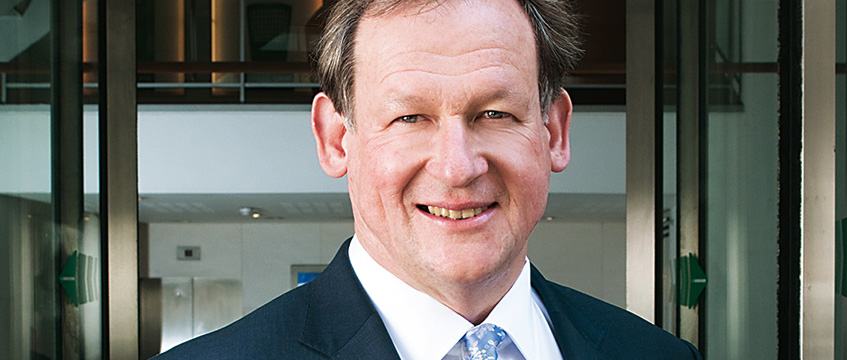COMMENT: It is perhaps little wonder that the Brexit process continues to meander along with no real sign of a satisfactory conclusion and the results of the European election are likely to show a resounding voice of no confidence in the government’s negotiations.
Adding to the turmoil in the markets, Donald Trump has stepped up his trade war with China and the FTSE 100 continues to swing up and down with yet more casualties on the high street – Jamie Oliver’s restaurant chain being the latest casualty.
Although auction dates are set about a year in advance, timing for both Allsop and Acuitus’s May commercial auctions could have been a lot better, with both being held during the week of the European elections.
Allsop offered 147 lots on 20 May with a success rate of 65% in the room. The last time it had a success rate at this level was back in July 2008 when it raised £69m and then sold 69% in October the same year with £37.6m.
Allsop’s last sale in March this year saw an 84% success rate, which suggests the market is showing some signs of cooling.
This was particularly demonstrated by the number of lots being offered at more than £1m.
Allsop started marketing the auction with 31 properties with a guide in excess of £1m, but withdrew six prior, including Lot 90, a freehold office investment in Swindon, Wiltshire, with a guide of £6.4m and a prime retail investment in Northgate Street, Chester, with a guide of £2.7m-plus.
Either there was a legal reason for withdrawing them or interest was not as strong as they had originally anticipated.
Of the 25 lots remaining with a guide of more than £1m, five sold prior, including Lot 103 in Wolverhampton, which was guided at £3.1m-£3.2m. A modern freehold multilet office investment in Wolverhampton, it was let at a rent of £328,872 pa and is believed to have been sold at £3.4m, showing a gross return of 9.67%.
Of the remainder, seven sold under the hammer and 13 were left unsold, showing a 48% success rate on the lots originally offered with a guide price of more than £1m.
But it was one lot that was guided at £700,000-£750,000, that produced the biggest surprise. Lot 14 was a freehold vacant former bank in Green Lane, Northwood, Middlesex. Comprising 3,244 sq ft on the ground floor and basement and with the three upper-floor flats all sold off on long leases, it sold for £1.56m after protracted bidding.
Apart from having a watchful eye on the London market, I also keep a lookout for anything offered in the Lake District and there were two quite different results.
The first was a freehold town centre shopping parade investment in Portland Walk, Barrow-in-Furness, comprising nine shops and let to the likes of Boots, New Look, River Island and Clintons Cards. Producing a total rent of £508,400 pa, it was guided at £3.7m but failed to sell. At that level, it would have shown a healthy gross return of 13.83%.
And at the other end of the scale, the final lot of the day was in King Street, Ulverston. A freehold vacant single-storey shop of 3,119 sq ft, it was guided and sold at £150,000. It had previously been a Stead & Simpson shoe shop and was offered for sale in July 2004 when it was let for 25 years from March 1992 at a rent of £27,500 pa. Back then, it failed to sell at £397,000 but it shows today that it was probably a very shrewd buy with a great deal of development potential for the buyer.
Then on the actual day of the European elections, Acuitus took to the rostrum. It offered 44 properties from the original 51, with seven having been withdrawn prior. Five were sold prior and 26 were sold under the hammer, showing a 71% success rate on the day. A further four lots were sold immediately after, which raised the success rate to 80% and a total realisation of £27.9m.
The largest lot of the day to sell under the hammer was Lot 24 in Lavender Hill, SW11. Let to Fresh & Wild Ltd with a guarantee from Whole Foods Market on the ground, basement and first floors on two leases that expire in 2030 at a total rental of £229,000 pa, the 17 flats on the upper parts had all been sold off on long leases.
Guided at £3.5m-£3.7m, it failed to sell in the room at £3.5m but was reoffered later on in the sale and sold for £3.4m.
Against all the current uncertainty, the commercial auction markets have shown a good deal of resilience, with investors largely resigned to the current situation and, while cautious, they show no signs of being less eager to acquire the better quality investments on offer.
While there are certainly challenging times to come, if the auctioneers can continue to source saleable stock at realistic prices for their July sales, there should be no shortage of buyers.
John Townsend is head of the auction advisory service at Harold Benjamin











